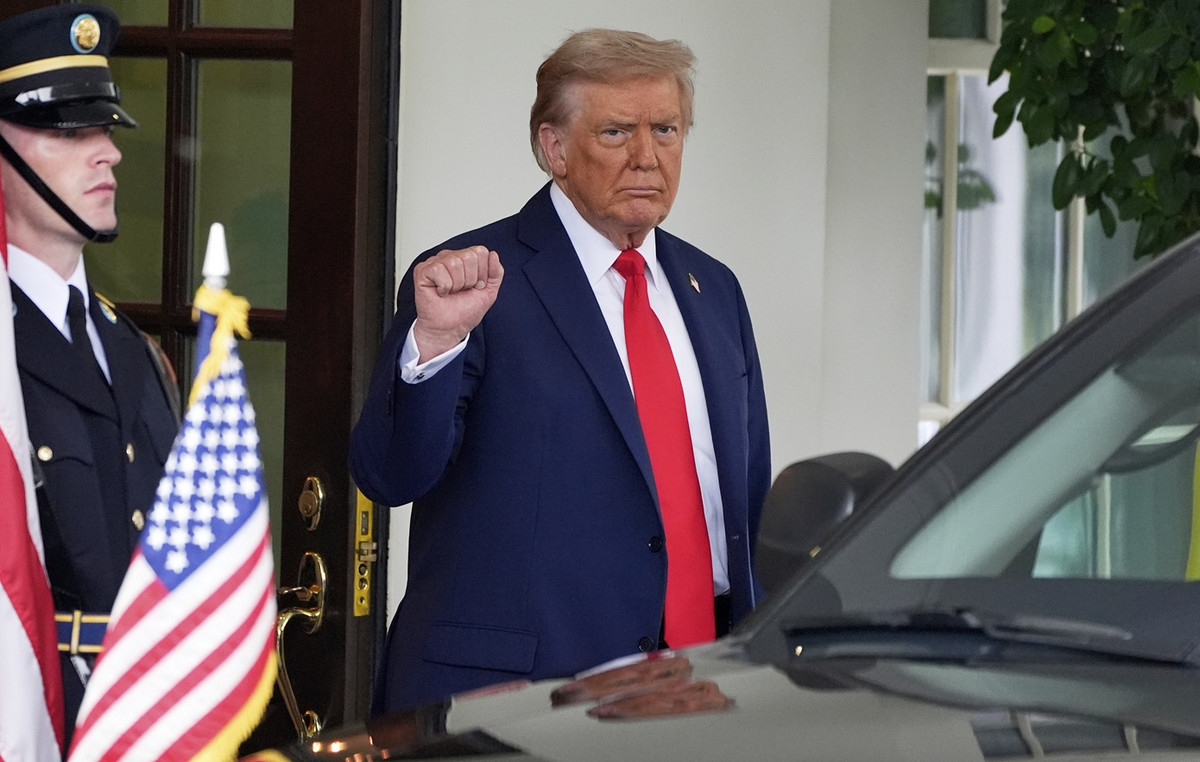The new Legal Framework for Sanitation, enacted in July 2020, has already generated around BRL 72.2 billion in investments for the sector, according to information from the Ministry of Regional Development (MDR).
In less than two years, funds were secured with nine service concession auctions under the rules of the new legislation.
In all, 19.3 million people were benefited in 212 municipalities with the bids, which took place in the states of Alagoas, Espírito Santo, Mato Grosso do Sul, Amapá, Rio de Janeiro, and in the cities of Crato, Ceará, and São Simon, in Goiás.
The objective of the Legal Framework for Sanitation is that, by 2033, 99% of the Brazilian population will have access to drinking water and 90% to sewage treatment and collection.
According to a report by Instituto Trata Brasil (ITB), released this month, around 100 million Brazilians do not have a sewage collection network, and 35 million do not have access to treated water. The survey shows that only 31.78% of people in the 20 worst municipalities are supplied with sewage collection, while in the 20 best the percentage reaches 95.52%.
When analyzing the criterion of access to drinking water networks, 99.07% of the population in the 20 best cities have access to the resource, against 82.52% of the population in the 20 worst cities with the service.
The Marco Legal legislation also defined rules to be complied with by municipalities and service providers in relation to urban drainage and the management of urban solid waste.
“The law provides clear rules and legal certainty, enabling the attraction of investors. We need around R$500 billion to R$700 billion over 10 years to universalize services. But we will only be able to reach these values with public and private resources”, said the Minister of Regional Development, Rogério Marinho.
In 2021 alone, the basic sanitation sector in Brazil guaranteed almost R$ 42.8 billion in investments, according to the ministry. The service concession auctions carried out in the period guaranteed R$ 37.7 billion in resources.
concessions
The first concession was that of the State Water and Sewage Company of Rio de Janeiro (Cedae), in April last year. Lot 3 of Cedae, which did not receive proposals at first, was sold months later, in December.
With the concession, approximately R$ 27 billion of investments are expected in sanitary sewage and complementary services in 29 cities in Rio de Janeiro.
After Cedae, an auction was held for water and sewage services in the 16 municipalities in the state of Amapá — the first to be held in the North Region. In order to modernize the cities’ water and sewage systems, the expectation is that R$ 3 billion will be invested.
Then, bidding was held in Alagoas on two blocks: B, which corresponds to 34 cities in the Agreste and Sertão regions, and C, which corresponds to 27 cities in Zona da Mata and Litoral Norte.
Cities in these regions will receive R$ 2.9 billion for water supply and sanitation services.
In addition to these auctions, another five sanitation service concession auctions were held after the Legal Framework was enacted, three in 2020 and two in 2022.
Construction
Among the works delivered since the adoption of the Legal Framework for Sanitation, it is worth mentioning the Complexo Producer de Água Deputado Luiz Humberto Carneiro —Capim Branco System, in Uberlândia (MG).
The structure, which will serve 1.5 million people in the first stage and 33 million by 2060, received R$ 332.7 million in investments.
The Córrego da Paciência buffer reservoir, in the North Zone of the city of São Paulo (SP), raised investments of R$ 23.4 million. It is part of the set of sustainable urban drainage works carried out in the region.
Incentive debentures
The so-called incentivized debentures are other tools used to finance basic sanitation works.
According to the Ministry of Regional Development, since 2019 the ministry has issued 31 authorizations to raise funds through this means, which correspond to about R$ 6.95 million in possible investments.
Debentures are private fixed income securities that allow companies to raise money from investors to finance their projects. In the case of the incentivized one, the resources must be used in infrastructure works.
The MDR emphasizes that the tool allows access to resources in a more direct way, “because they have less bureaucracy and, with that, it speeds up fundraising”.
Source: CNN Brasil
I am Sophia william, author of World Stock Market. I have a degree in journalism from the University of Missouri and I have worked as a reporter for several news websites. I have a passion for writing and informing people about the latest news and events happening in the world. I strive to be accurate and unbiased in my reporting, and I hope to provide readers with valuable information that they can use to make informed decisions.







